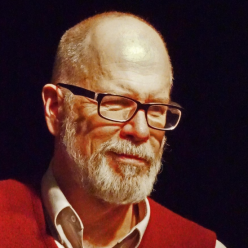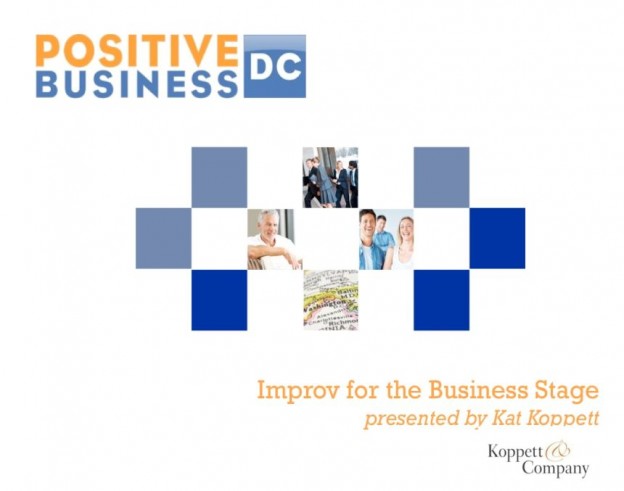I suspect I am one of the very few coaches with a theatre in the back room. (OK, technically, it’s a rehearsal room, but it has theatre seats, lights and dimmers, a piano, and a stage area, so everyone ends up calling it “the theatre.”)
A theatre is a great place to hold a coaching session because coaching can often be about visibility, authenticity, and performance. We work together to reveal, then realize, your dreams. Together, we also reveal the ways you block them. And very often, realizing those dreams requires you to be more effectively visible in the world. Life, after all, is a series of performances.
As a young actor I worked for a director who would shout: “It’s called a PLAY, people!” Coaching, like rehearsal, is work. And it’s play. As a coach, one of my jobs is to help you learn to not only invite scrutiny, but also to enjoy it. By creating a safe space between us, we bring the uniqueness of you into focus. As you get clearer about your own strengths and challenges, getting clear becomes an enjoyable part of the process, and the enjoyment reveals even more power and beauty you have always held inside, that you have resisted letting out. You become a conscious performer, and learn to instinctively bring the right energy to the performance at hand.
Finding the confidence and grace to believe that you can stand up for yourself and your knowledge in the room–that you can find that authentic, powerful performance– is at the heart of the coaching experience. Holding your truth in a way that empowers you lets you own your own strength. When you face challenges, you are then strong enough to accept the feedback and lessons that help you grow, while you let go of projected fears you may have of the judgements of others.
I’m not a consultant. I’m a listener. I forge an alliance with my clients to really see them. I’m a champion and cheerleader for my clients. One person calls me a “co-conspirator.”
There are few coaching sessions where I don’t want to pull out that old Broadway chestnut, “Sing Out, Louise!” Mama Rose may have had her own issues, but encouraging others to shine in the world, to trust their own star power and be seen is never a bad thing.
We live in what is,
but we find one thousand ways not to face it.
Great theatre strengthens our ability to face it.
— Thornton Wilder
My coaching clients live in the real world. They face real challenges. Co-Active Coaching helps you find your own courageous conviction, the power that lets you set and achieve your true goals. My job is to to ask powerful questions, to listen and empower in a way that opens the skills and creativity that you already possess, rather than to instruct or advise.
I work to strengthen your ability to fully develop and use your own skills and creativity, your own power in the world. And sometimes to remind you to “Sing Out, Louise!”
The fact that I happen to have a theatre in the back room can be one more tool in our path to finding the shining star you already own, your own personal spotlight. (It’s also a fun place to play.)
Interested? I’m happy to chat. Just contact me today!








